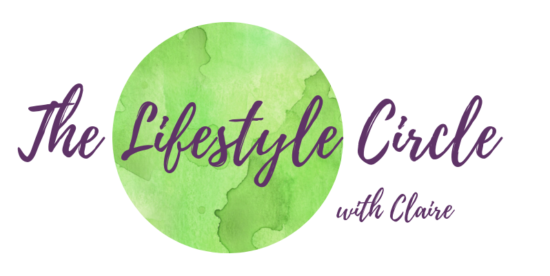
Read an interview with a celebrity about their skincare regimen, and you’re sure to find drinking water high up on their list of recommendations. But does drinking water really help your skin?
This question is surprisingly contentious. There is, in fact, little evidence and few studies showing that drinking more water keeps your skin healthy.
Your body is about 60% water. It needs water for almost every function it carries out from regulating your body temperature, lubricating your joints, transporting oxygen throughout your body, and eliminating waste.
That’s a lot of work water has to do before it goes anywhere near your skin. Your skin is likely the last organ to benefit from the water you’re drinking. So why do so many people believe that drinking water helps their skin?
This post uses affiliate links. Please see our affiliate disclosure & disclaimer below.
Water and skin health
With celebrities, their faces can be part of their fortune, and they know that drinking water helps to keep them looking their best.
When I’ve not had enough to drink, I wake up the next day with little red spots under my eyes. They go away within an hour or two of drinking water but it’s a useful reminder from my body about my own water needs.
If you’re not drinking enough water, what are you drinking? Is it fizzy drinks or a daily caramel macchiato?
Drinking too little water is one problem, but if you’re quenching your thirst with sugary drinks, that’s not good for your health, and it’s certainly not good for your skin.
Water and gut health
A healthy gut is essential for healthy skin, and our gut needs two things to stay in good working order:
- Fibre
- Water
Fibre usually steals the limelight when it comes to our digestive health. Consuming lots of fruit and vegetables will help you to get the required fibre. But without water, fibre can’t do its job properly.
Many of us are of the mistaken belief our faeces (sorry, but this is important) are mainly made up of what we eat. This is not true, says Giulia Enders in her book Gut. Faeces are three-quarters water, and “consuming dietary fibre is little help if you do not also consume sufficient fluids. Without the presence of water, fibre binds together in solid lumps.”
We lose water every day by sweating, peeing and just by breathing so we need to top ourselves up consistently.
When we don’t drink enough water, our body absorbs water from our stool. This can exacerbate digestive issues, irritable bowel syndrome, and constipation, creating inflammation in the body, which can show up on your skin in the form of acne, eczema, or psoriasis.
Water is a critical component of a healthy gut, and what’s good for the gut is good for the skin.
How much water do we need to drink?
How much water we need to drink in a day is another contentious part of the water debate. Some advocate eight glasses of water a day, but then there are debates about what size the glass should be. There are calculations based on your weight, and adjustments based on your gender, level of activity, and even the climate you live in.
Make it easy for yourself and keep an eye on the colour of your pee. It should be pale yellow. If it’s dark, you need to drink more water. You’ll quickly figure out how much water you need to be drinking to keep your pee the right colour.
Whether or not science has proven the benefits of drinking more water, what’s very real for me is that when I drink plenty of water throughout the day, I look and feel better, and my skin is healthier. Whether that’s because water is keeping my digestive system working efficiently, or it’s hydrating my skin from within, I don’t care. I just know it works for me.
Action
Don’t wait for science to prove that drinking water helps your skin. Prove it to yourself by drinking water consistently for four weeks. You’ll soon miss it on the days you don’t drink it.
Get a reusable water bottle. Drink one bottle before lunch and one bottle after lunch. Keep an eye on the colour of your urine. You want it to be pale yellow. If it’s dark, drink more water and see what a difference it makes to your skin.
For more healthy habits that are good for your skin, click here to read Eating Habits for Healthy Skin.


